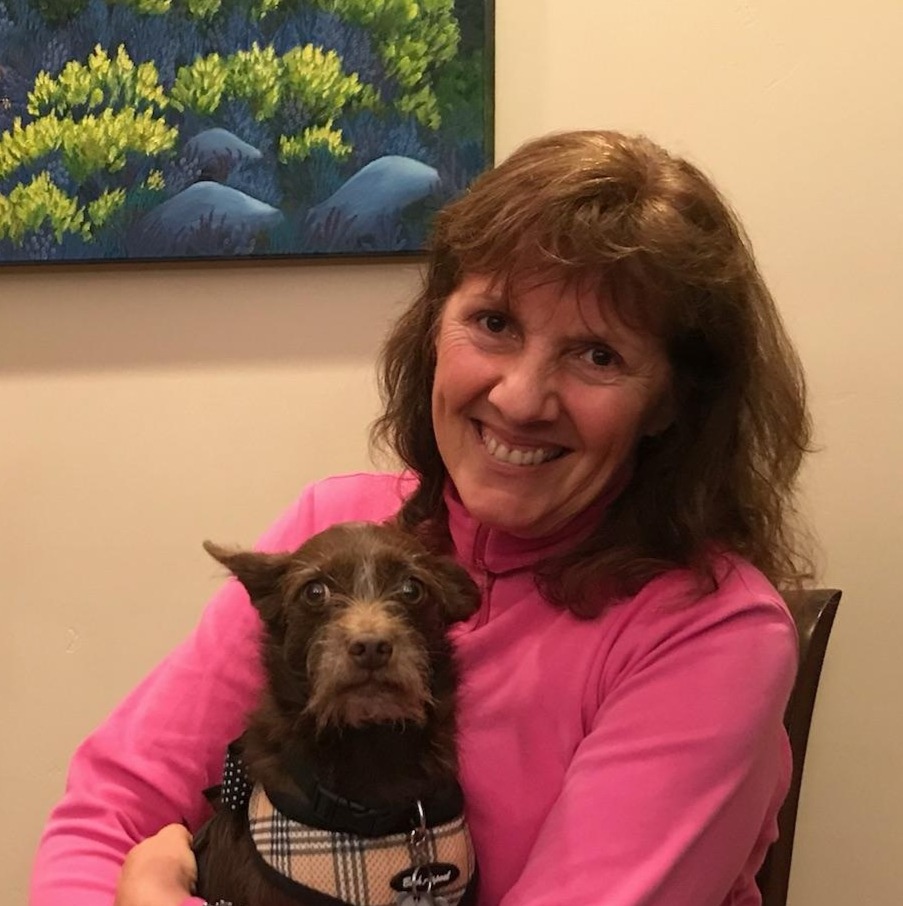Barbara Hodges, DVM, MBA
PROGRAM DIRECTOR, ADVOCACY AND OUTREACH
 Barbara Hodges, DVM, MBA Dr. Barbara Hodges joined HSVMA at the time of its founding in 2008.
Dr. Hodges attended New York University as an undergraduate Philosophy major, focusing on ethics and practical reasoning. She earned her BA during the tenure of Peter Singer, whose seminal work, Animal Liberation, remains an international classic of the animal welfare literature.
Dr. Hodges garnered a MBA at The Stern School of Business, also at NYU. She began a career in the institutional financial services industry, working as a relationship manager for Chase Econometrics and as a marketing communications agency consultant to top-tier banks and investment firms.
Dr. Hodges attended veterinary school at the University of California at Davis. There she chose the Alternative Surgery training option, performing only non-lethal surgeries on shelter animals and performing the other, traditionally terminal, surgeries on ethically-sourced cadavers of animals medically euthanized and obtained via body-will programs. She participated in externships at the Marin County (Calif.) Humane Society and the Animal Medical Center in New York City and completed post-doctoral studies at the Chi Institute of Traditional Chinese Veterinary Medicine.
Once in practice, Dr. Hodges transitioned from a veterinary student member to an active volunteer veterinarian for the Association of Veterinarians for Animal Rights (AVAR), serving as a panelist at conferences, making presentations at her alma mater and lobbying for animal-friendly legislation at the state capitol in Sacramento.
Dr. Hodges now conducts legislative advocacy and outreach on behalf of HSVMA, and she was instrumental in initiating the HSVMA volunteer State Representative program, which she now oversees. Among many issues, Dr. Hodges has worked on projects focused on cosmetic and convenience surgeries, the use of animals in testing and the adoption of research animals, dog tethering, farm animal confinement, forced feeding of ducks and geese, and captive wildlife issues such as ending the use of animals in traveling shows and entertainment and eliminating the use of the bull hook on elephants.
Dr. Hodges’ companion animals include her rescue dog, Bella Bru, and her adopted cats, MJ and Kali. She also rescued two Rambouillet sheep, Leap and Flop, who, for many years, lived happily among the rural sheep and goat flocks of a kindly weaver friend. |